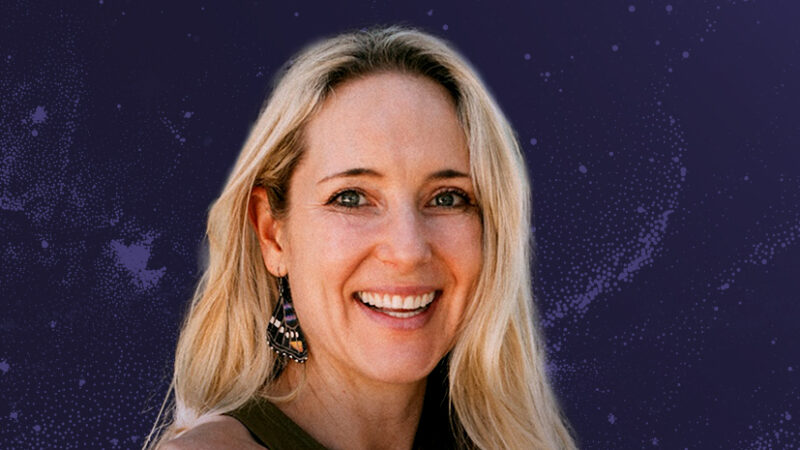
This tech detox is a 10-day sneak peek of the full 30-Day detox plan offered in The Power of Off. Here’s how to use your phone as an opportunity to wake up instead of a source of constant distraction. Give yourself the gift of being truly present during the hectic holiday season.
DAY 1
Pay attention to and internally note every time you feel the impulse or hear the thought to check one of your devices or computer. When you notice this, ask yourself, “Am I checking out of habit?” and “Is this checking necessary right now?” (For example, is it necessary for work?) If the answer is “Habit” or “Not Necessary,” then repeat to yourself, “Stop” and do just that. Simultaneously, designate three times in the day when you are allowed to check your device, whether necessary or not.
DAY 2
Refrain from any tech use when socializing or otherwise interacting with people (except at work, if needed). This includes everyone—shopkeepers, waiters, and service people, as well as your family and friends.
DAY 3
Refrain from holding your device in your hand or keeping it in your pocket when it’s not in use. Store it out of sight elsewhere.
DAY 4
Refrain from using any of your devices during the first hour after you wake up in the morning. If your smartphone is also your alarm clock, treat it as such. Turn it completely off as soon as it’s sounded your morning wake-up.
DAY 5
Refrain from using tech devices during the last hour before you go to bed.
DAY 6
Turn off all alerts and notifications on your device. If your cell phone is your alarm clock, leave only the alarm notification intact.
DAY 7
Refrain from using your devices on public transportation or in taxis.
DAY 8
Write down four activities or experiences that nourish your spirit. Keep these simple and accessible—not the climbing-to-the-summit-of-Mount-Everest sort. Give yourself one of these experiences today, and get one on the calendar for each week to come. This practice should continue weekly after your detox as well.
DAY 9
Refrain from using your devices while waiting in line—any kind of line.
DAY 10
Refrain from using technology in the car, except when you need GPS assistance.
Looking for more great reads?


Excerpted from The Power of Off by Nancy Colier.

Nancy Colier is the author of The Power of Off. She is a psychotherapist, interfaith minister, author, and veteran meditator.










